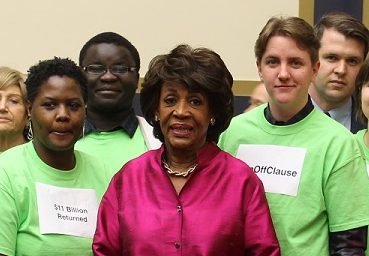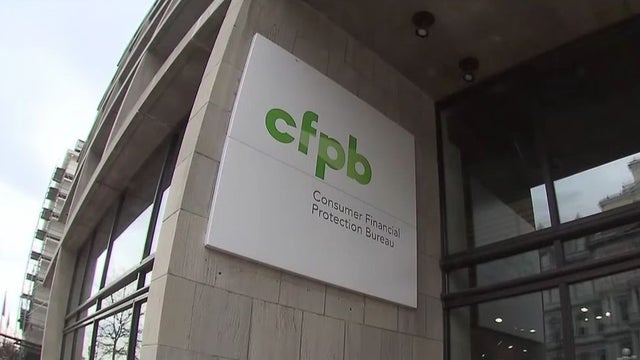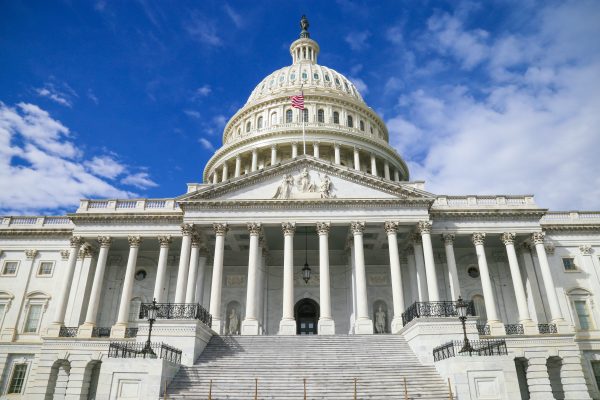New Release: AFREF Statement: Consumer, Civil Rights, Housing and Small Business Groups Urge the Federal Reserve Board to Strengthen Community Reinvestment Act Framework with Focus on Increasing Equity in Bank Investments and Access to Sustainable Credit for Communities of Color and Low and Moderate Income Families
Americans for Financial Reform Education Fund (AFREF) and 20 consumer, civil rights, small business, and other public interest partners submitted a comment letter to the Federal Reserve Board of Governors (FRB) on its Advance Notice of Proposed Rulemaking to modernize the Community Reinvestment Act (CRA).









